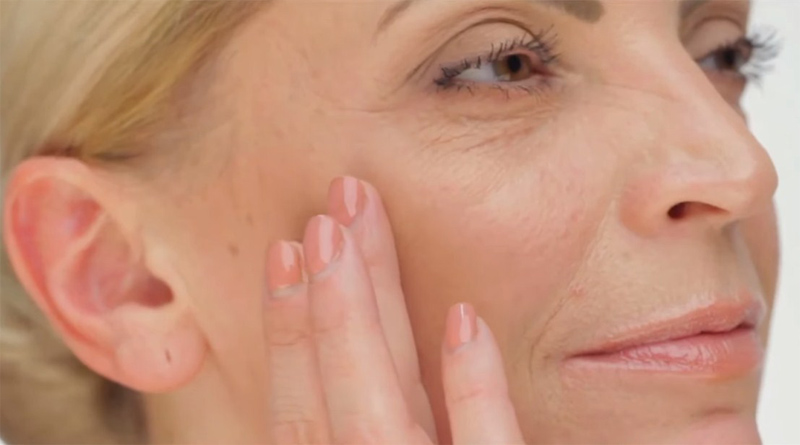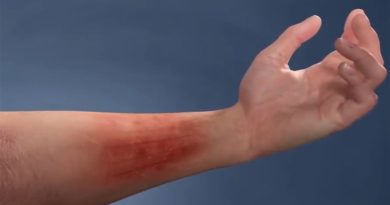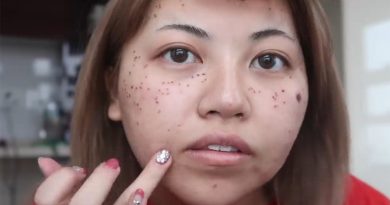Dry Skin
What is dry skin?
Dry skin does not have sufficient moisture in it to stay feeling soft. The medical word for dry skin is xeroderma. Xerosis is harshly dry skin. Dry skin feels like an irregular scrap of your skin that can peel or appear rough. If your skin is dry, it may or may not be uncomfortable. Harsh dry skin may break and bleed.
Types of dry skin:
Contact dermatitis:
Contact dermatitis arises when a little gets into touch with your skin causing pain or allergic effects. Your skin may be dry, irritated, and red, and you may also have a skin rash. Some examples include jewelry metals, makeup, detergents, or medication conditions.
Eczema:
An eczema is a group of skin conditions that causes a red, dry, rough, and itchy scrap of skin. Severe types can originate cracking of your skin, which makes you more prone to disease. This general skin condition can get worse with irritants, allergens, and tension.
Seborrheic dermatitis:
Dry skin on your scalp can be the effect of a situation recognized as dandruff in adults or holding a cap in children. Seborrhea dermatitis can also source dry, flaky skin scrap on your face, and the chest and surrounded by creases of your arms, legs, or groin. Less normally, it can also concern your navel. This type of dermatitis happens when your body responds to typical mold that is produced on your skin.
Athlete’s foot:
An athlete’s foot can imitate dry skin on your foot, but a fungus causes it. When this fungus grows on your body, it is identified as a “ringworm.” People who have athlete’s foot might contain dry, flaky skin on the soles of their feet.
Causes dry skin:
A deficiency in humidity within the layers of your skin causes dry skin. Factors that cause dry skin consist of:
Age: As you age increase, your skin’s moisture-producing oil glands dry up. This results in the fat and collagen in your skin also drying up, which causes tightening skin. This is a natural part of the aging process of your body.
Climate: The temperature of your surroundings can affect your skin’s hydration. Atmospheres that lack moisture like desert-like environments or cold environments where there are heavy storms cause dry skin. Dry skin is regularly worse during the winter, but dry skin can happen year-round.
Health conditions and genetics: You could be further at threat of receiving dry skin if you are born with genes that cause you more prone to it or if you have a health situation that causes dry skin as a sign. Some conditions that lead to dry skin include allergies, eczema, diabetes, and diseases of the kidney.
Locations: Certain occupations can lead to dry skin, particularly if you work outdoors, and work with chemicals or wash your hands commonly. Some professions that make it further possible to develop dry skin include healthcare sources, hairstylists, and farmers.
Diagnose of dry skin:
Dry skin can be easy to analyze by its look. Your healthcare provider will identify dry skin after an entire medical history, a physical test, and learning more about your symptoms.
Depending on the severity of your symptoms, your doctor may order a diagnosis to make sure for health conditions that cause dry skin, such as:
Allergy test to recognize the body that causes allergic reactions
The blood test is made to check for illnesses like diabetes or kidney disease.
A skin biopsy or tissue sample is diagnosed for eczema or other skin diseases.


